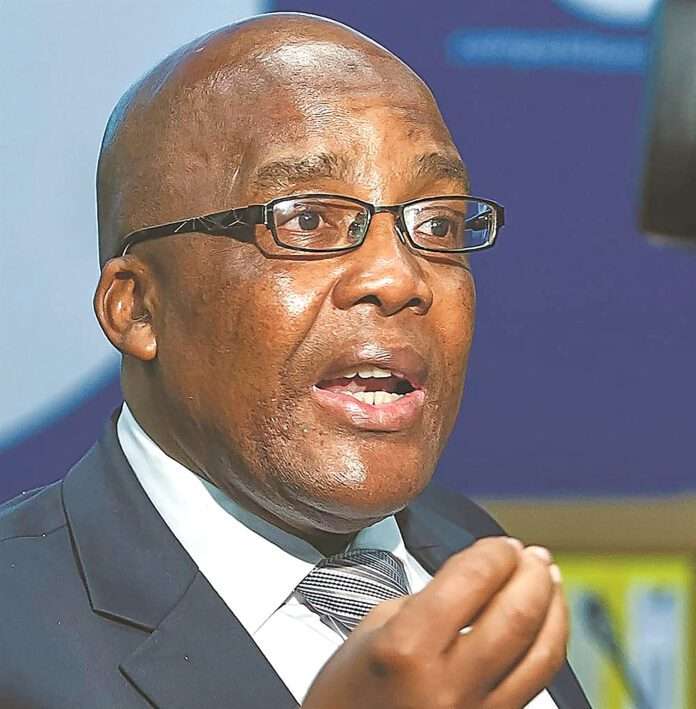Health Minister, Dr Aaron Motsoaledi, has described antimicrobial resistance (AMR) as a ticking time bomb that could return the world to an era where common infections are untreatable and routine surgeries become life-threatening.
“I stand before you with a sense of urgency. And a hope that as we join hands to tackle the problem of AMR, we appreciate the significant threat it poses to global health. Also threat to food security and development,” he said on Thursday.
Motsoaledi was speaking at the UN on behalf of President Cyril Ramaphosa at the high-level meeting on AMR. The minister believes that ARM is currently a pressing challenge.
He told world leaders that South Africa was one of the high-burden countries of drug-resistant tuberculosis (DR-TB). This is where this makes up 2% of the TB burden.
The World Health Organisation (WHO), he stated, has identified DR-TB as one of the top AMR threats.
“However, in responding to this threat, we continue to lag behind. This is especially on TB research and global collaboration. And this situation has the potential to reverse many decades of medical advancements,” he stressed.
According to WHO, AMR occurs when bacteria, viruses, fungi and parasites no longer respond to medicines. This leads to infections becoming difficult or impossible to treat.
And it increases the risk of disease spread, severe illness and death.
Profound economic implications
Motsoaledi said the risks of these illnesses have profound economic implications. They affect healthcare costs, productivity, and overall economic growth.
“Addressing AMR is not just a health imperative. It is… also an economic necessity that requires coordinated global action.”
He is of the view that specific actions need to be taken to preserve efforts. To also ensure collective action, which must turn the tide against AMR.
“We must embrace the power of education about the prudent use of antibiotics. So that we can curb the misuse and overuse that drive resistance in humans, plants and animals.”
In addition, he spoke against the practice of polypharmacy. This especially as it relates to unnecessary utilisation of antibiotics.
“We also need an integrated national patient information system. So that patients cannot be hopping between health facilities. And thus collecting multiple prescriptions for the same condition.”
Research and innovation necessary
Motsoaledi also called for investment in research and innovation. These, he said, require some urgent intervention through academic and research institutions.
He took the time to call for a strengthened healthcare system. Equipping hospitals and clinics with the necessary tools and training. This will ensure that infections are identified and treated promptly and accurately.
Also, the minister stressed the importance of champion policy and advocacy. And effective policies that promote antibiotic stewardship and infection prevention can safeguard communities.
“Lastly, we need to jointly tackle the challenges of human behaviour through social and behavioural community communication.
This is so that we can educate our people about the dangers of AMR.” Motsoaledi said AMR has greater potential to also impact patient satisfaction. As well as prolonged patient recovery and poor treatment success rate.
“Together, we can turn this crisis into an opportunity. A chance to unite, innovate, and lead the world in the fight against antimicrobial resistance,” he said.
- SAnews.gov.za



